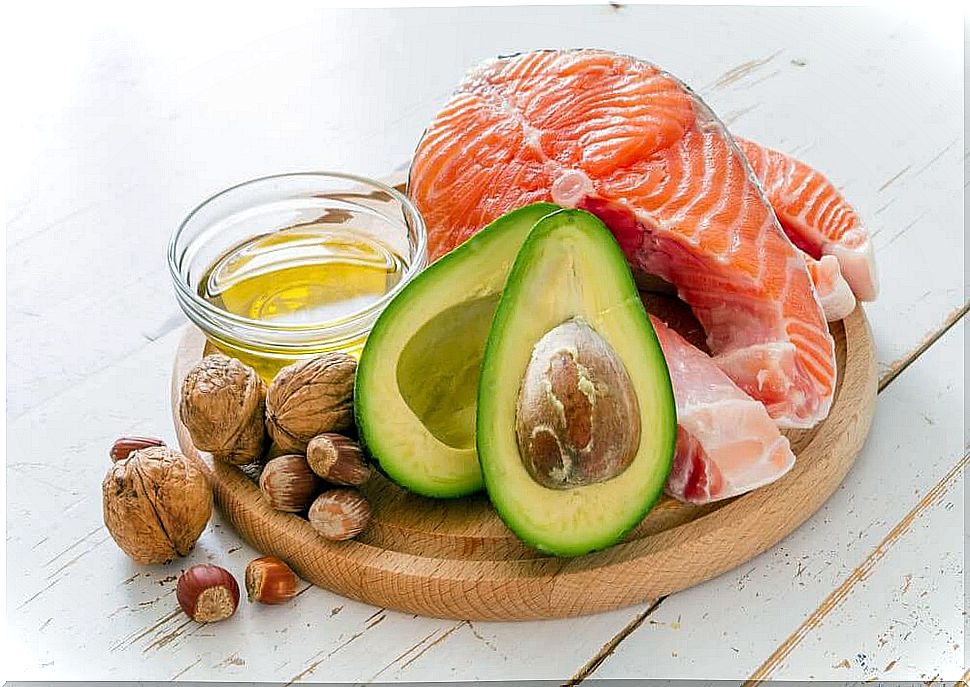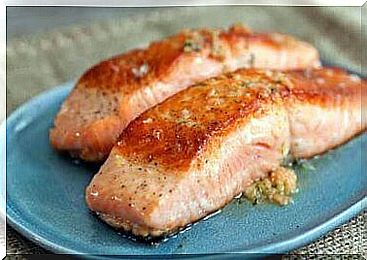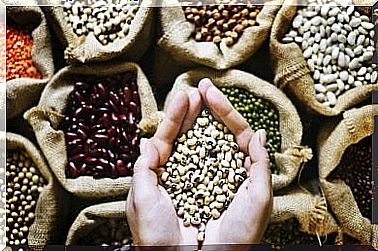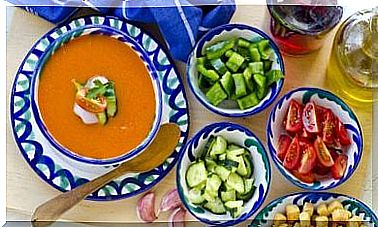Proper Nutrition For Healthy Joints
Proper nutrition is important to care for the joints and to prevent inflammation and pain. It’s not just about including certain foods in your eating plan, but also about avoiding some!

Diet is known to be one of the fundamental pillars of good health. Even for healthy joints , you can do a lot by looking einbaust the right foods in your diet plan and waive others.
Then, learn which foods will help you maintain strong cartilage, muscles, and bones.
Don’t forget that age, weight, and general health also play an important role. But there are some general guidelines that you can follow in order to maintain your joints in healthy years. It is worth it!
Proper nutrition for healthy joints

There are many different factors that can affect joint health. This also includes the general aging process. But especially bad habits, injuries, and poor nutrition accelerate joint problems.
Therefore, you should make sure that your body is getting the right nutrients to reduce the risk of joint discomfort and inflammation. With the right diet, you can protect your cartilage and thus also prevent signs of wear and tear and subsequent complaints.
Take care of your joints to avoid rheumatoid arthritis, osteoarthritis or osteoarthritis as much as possible!
A diet for healthy joints aims to:
- This enables an adequate weight to be achieved, which is essential for healthy joints. Then if you are overweight or obese, they will be very stressed.
- You will also improve blood circulation and reduce inflammation.
- In addition, the acid-base balance is balanced.
- Your body will get the nutrients it needs and you can relieve arthritis symptoms.
- On the other hand, liquids stored in the tissue can be drained away. However, it is important to reduce your salt consumption.
Prohibited foods

You should avoid foods that are high in purine, uric acid and saturated fatty acids. These substances can make symptoms worse.
This includes:
- Red meat, sausages and smoked products
- Beef, dog or pork offal
- Pasteurized foods
- Ready-made products and fast food
- White sugar (and products made with it such as confectionery, cereals or soft drinks)
- Coffee and other beverages containing caffeine
- Fried and ready-made snacks
- White flour and products made from it (baked goods and bread)
- Whole milk products
- Alcoholic drinks
You should eat the following foods in moderation
Certain healthy foods should only be consumed in moderation because they contain oxalates. These can promote inflammation, so you should use them sparingly:
- tomatoes
- Eggplant
- Beetroot
- spinach
- Potatoes
- Paprika and chilli
- Pistachios and peanuts
- Swiss chard
- cocoa
- Wheat germ
Recommended foods for healthy joints

A diet for healthy joints should be low in calories to help maintain a healthy weight while reducing inflammation. There are many foods that produce excellent results and that can be used to create a balanced diet.
Some of them are.
- Oily fish like salmon, sardines or tuna (omega 3)
- Extra virgin olive oil
- Flaxseed and flaxseed oil
- Rapeseed oil
- avocado
- Fresh vegetables (except the varieties mentioned above)
- Fruit rich in water
- Legumes (lentils, chickpeas, beans)
- Whole grain rice
- herbs and spices
Diet for healthy joints: various tips
To protect your joints through a healthy diet, you should consider the following tips:
Reduce salt consumption

Excessive salt consumption can result in fluid retention. This leads to inflammation, which in turn can cause joint pain and fatigue.
Drink plenty of water
If you drink enough water throughout the day, you protect the cartilage from premature wear.
The cartilage tissue in turn protects the joint surfaces so that the joints can move smoothly. A lack of water increases the risk of inflammation and pain.
Take omega-3 fatty acids
You should eat oily fish twice a week, which are important omega-3 fatty acids. This will reduce inflammation as the production of prostaglandin is promoted.
Consume legumes three times a week

Legumes contain complex carbohydrates and vegetable protein. For this reason, they should be on your lunch table three times a week to optimize your energy balance. They also promote muscle and joint health.
Eat five times a day
Instead of only having three main courses, we recommend that you eat smaller portions five times a day. With this you can keep your metabolism active and avoid being overweight. It also helps you stay full longer and be less tired.
It’s not that difficult to implement all of these tips. But it’s worth it!









